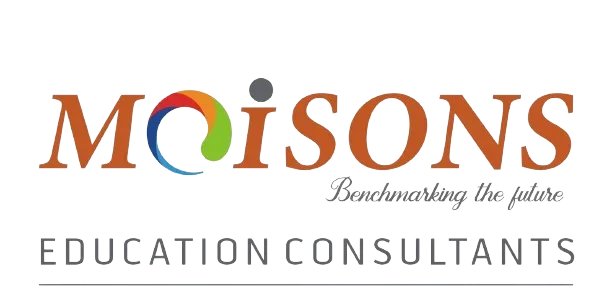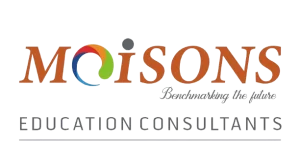Sedbergh School, in Cumbria, is an esteemed institution with a history dating back to 1525. It’s renowned for its status as a boarding school brimming with tradition and excellence. Through the centuries, it has evolved into a dynamic community that embraces diversity, welcoming students from all corners of the globe. At its core, Sedbergh prioritises education, recognising it as the cornerstone of each pupil’s journey. This commitment to academic excellence has earned the school the esteemed rating of ‘Exceptional’, a testament to its unwavering dedication to nurturing young minds. However, Sedbergh School goes beyond just academics, offering a holistic approach to education that encompasses a broad spectrum of opportunities. From academic programmes designed to challenge and inspire, to a surplus of extracurricular activities spanning sports and arts, students are encouraged to explore their passions and interests. The residential aspect of Sedbergh has a sense of belonging, providing students with a supportive environment where friendships are formed, and memories are made.

The academic landscape is as expansive as it is enriching, offering students a subjects spanning science, arts, languages, philosophy, and physical activity. The curriculum is meticulously created to provide a well-rounded education that not only allows intellectual growth but also encourages creativity and critical thinking. While traditional methods of learning form the foundation, the school goes above and beyond by incorporating innovative approaches such as lectures, school trips, fieldtrips, workshops, and conferences, providing students with a multifaceted learning experience. These opportunities not only deepen their understanding of the subject matter but also equip them with invaluable skills and insights that give them a competitive flair when pursuing higher education and career opportunities. Moreover, students have the option to reside in one of the school’s residential houses, each offering a unique sense of community. Living alongside their peers, students form close-knit bonds and engage in a variety of activities hosted by their respective houses, further enriching their overall experience at Sedbergh. With a wealth of academic resources and extracurricular activities conveniently available to them, students at Sedbergh School are empowered to embark on a journey of academic excellence and personal growth that prepares them for success in all realms of life.
How To Apply?
Moisons can provide you with exact details of the course, fees, admission process, how to apply and more. Reach out our team at askus@moisons.com

